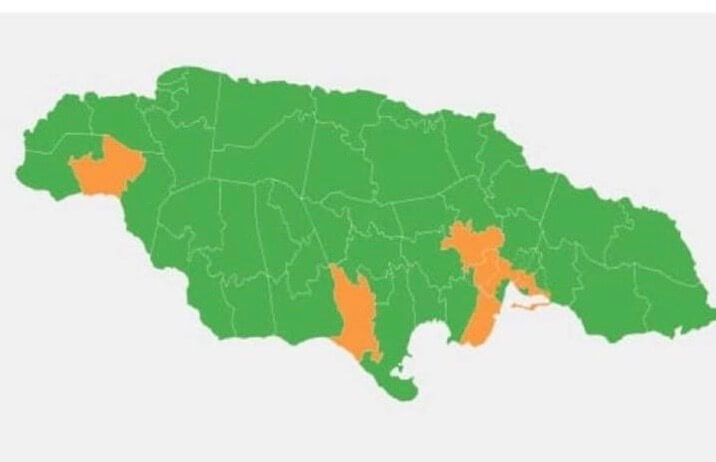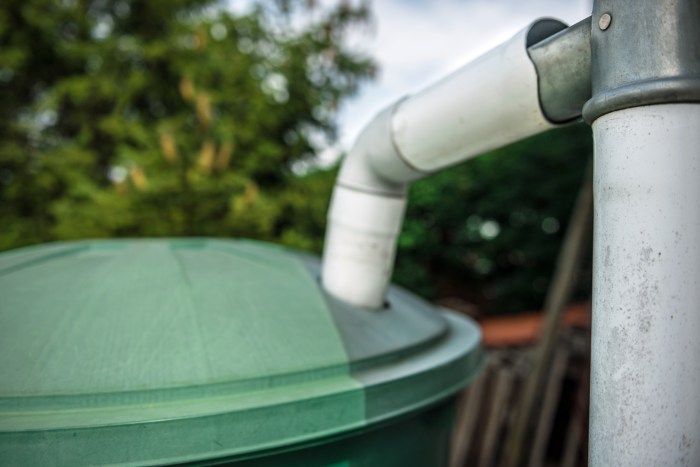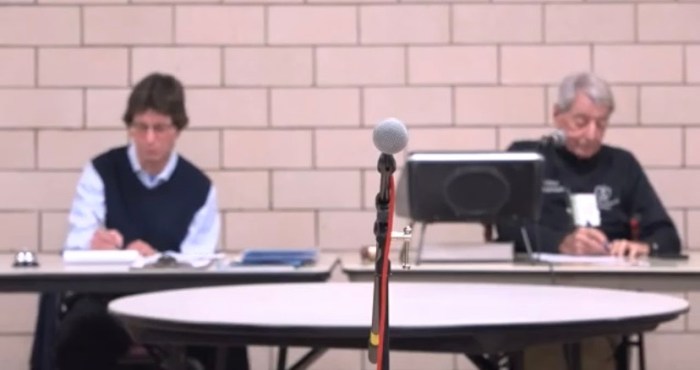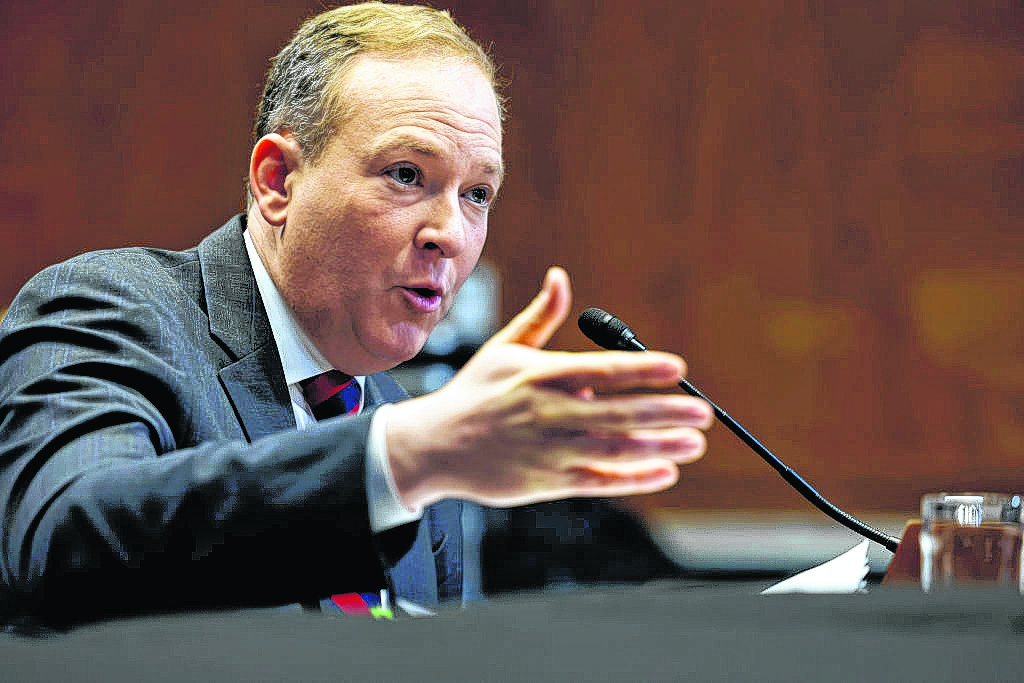One third of Jamaica’s three million population decided they would rather live in a green island than relinquish governance to a political party they believe could subject them to an uncertain future the orange symbolic People’s National Party promised.
On Sept. 3 many withstood rain and long lines to cast majority of the popular votes to the Jamaica Labour Party which vowed to “Build Back Stronger.”
The slogan proved strategic despite strikes against the incumbent conservative green alliance facing surging infections from COVID-19; social distancing restrictions during public campaigns and unseasonably inclement weather.
Despite the fact the election was announced six months ahead of the constitutionally mandated time-frame, and when the pandemic virus claimed twice as many lives from a period of stabilization, Holness held firm to his decision winning 49 of the 63 Parliamentary seats.
Throughout the short campaign period, Holness touted his administration’s effort to cut taxes, lower unemployment, reduce poverty, provide affordable housing and improve the infrastructure.
He also offered a 10-point manifesto to secure enhancements to small businesses.
And with many bold adversities facing the nation, voters focused on the pluses to vote overwhelmingly that the 48-year-old prime minister would be ensured the lion-share for continued governance.
Although the color contest ended recording one of the lowest turnouts in 58 years at only 37.2 percent, the geographical landscape displayed a fertile-looking map of the island reflecting the greening of Jamaica and the decided winner of new territory that for decades were distinctly carrot-colored.
The victory represented the largest margin for a political party since 1997 when the orange-colored People’s National Party’s leader Prime Minister Percival J. Patterson cinched a whopping 50-10 win.
As for the JLP their last big win was 1980 when their Boston-born leader Edward Seaga denied Michael Manley.
“Tonight the victor is the people,” Holness said.
Wearing a protective mask in adherence of his health protocols, following concession from Opposition leader Dr. Peter Phillips, he humbly accepted the mandate to lead for a second term.
“I am obviously happy to have won, but I want to assure all of you that I do carry this burden with great consideration of the expectations of not just those who elected us but those who are looking on us for future decisions.”
“There is cause for celebration, but there is also significant cause for consideration,” Holness told his supporters.
In his first address as prime minister-elect he did not shy away from addressing the elephant in the room, he said:
“In our last Government, the narrative of corruption dogged us, and it is not something that we can hide away from, and I want to be clear because there are many persons who will now be assuming state authority who may not have the understanding as to how that authority should be used. They will note clearly that this government does not stand for corruption.”
Diasporan here conceded that both parties could be implicated by the prevalent misuse of authority.
Some claimed it was an issue either party could be charged and might have been overlooked by the electorate given the bi-partisan stain indelibly imprinted on both party participants.
The Opposition People’s National Party suffered a massive blow managing to retain only 14 seats and worst, resignation from Dr. Phillips who said he would quit his leadership position.
History has already noted that he is the only orange party leader to elude winning a mandate from the total population to become prime minster.
Reportedly his reasons were attributed to declining health and a lack of confidence within the party.
Holness added that he was humbled by the majority vote of confidence but “stunned” by the loss of Peter Bunting and “surprised” by the slim win eeked out by rival candidate Lisa Hanna.
Disunity between comrades Phillips and Bunting allegedly fractionalized the party’s leadership and may have caused some of the abandonment from loyalists.
But that the defying split of allegiance would result with Bunting’s loss seemed a puzzle the prime minister noted.
“I think the Lisa Hanna seat is a surprise,” Holness remarked.
Hanna, a former Miss World winner and spokesperson for the PNP proved to be a challenging winner.
Totaling a mere 50-49 percentage lead, she barely distinguished herself from her less profiled JLP opponent Delroy Granston,
In the end, she persevered to retain representation in the parish of St. Ann.
Hanna waged a formidable contest using social media platforms to boost favorability. The well-produced videos boasted intelligence, might and promise. The high-tech production went viral reaching audiences near and far, however on election day voters decided orange would be the new green.
JLP won 406,764 of the popular votes, while the PNP mustered 305,157.
A total of 1,161 votes went to independent and third party candidates.
During the acceptance speech, Holness maintained a modest disposition.
“You came out in your hundred thousands and you participated in the solemn process of democracy. You voted, you expressed yourself through the ballot.”
“We will be responsible with the power that you have given to us.”
“We will continue our good policies and we will keep Jamaica on the path to prosperity. We will usher in an era of stability on which we will grow. We will usher in an era where Jamaica can fulfil its true destiny.
With no violence attributed to politics, the winner vowed to serve all the people.
Women will have a greater presence with the election of an unprecedented 18 females to the seat of government. It is probably the single most significant aspect of gains for the green party.
In a country that boasts the merits of its black, gold and green banner, hopefully all the colors of the flag will represent unity and equality of the majority Black populous who are striving to achieve golden successes.
Catch You On The Inside!
























